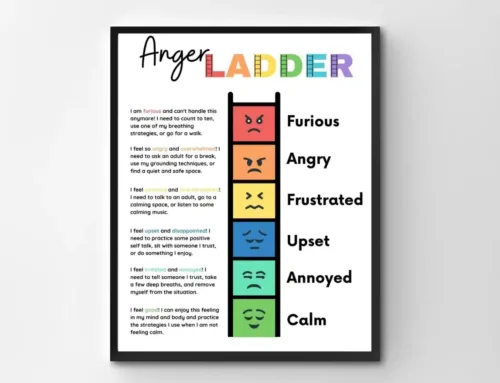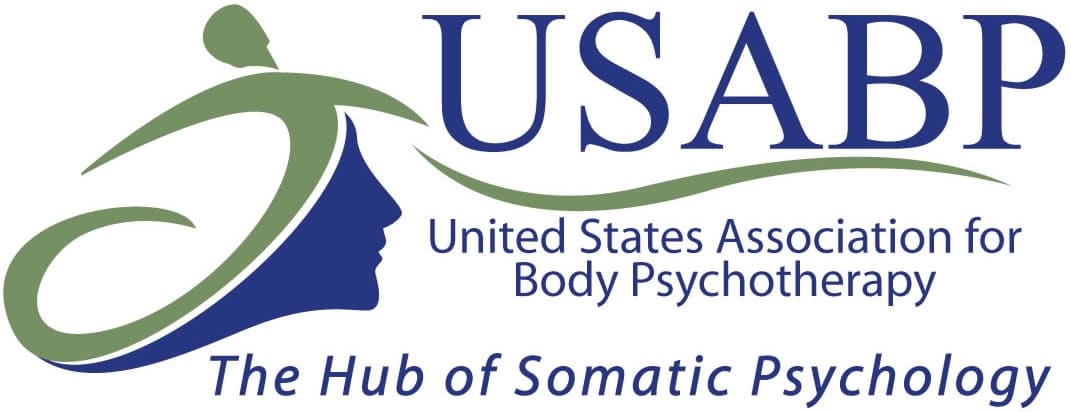Anger is a normal human emotion. The right anger management therapy turns that energy into safe action, better communication, and steadier daily life. This guide explains what is the best therapy for anger, how to match treatment to a person’s anger pattern, and which self-skills speed results.
What is the best therapy for anger?
CBT leads for skills, with DBT, ACT, mindfulness, and psychodynamic therapy as useful options depending on the person and context.
- Cognitive behavioural therapy (CBT) is the first choice for anger treatment in most adult outpatients. It teaches cognitive restructuring, problem solving, relaxation techniques, and practice scripts to manage anger and prevent angry outbursts.
- Dialectical behaviour therapy (DBT) adds impulse control and emotion regulation when uncontrolled anger and surges of physiological arousal are common.
- Acceptance and commitment therapy (ACT) and mindfulness improve attention control, acceptance of negative feelings, and values-based action when you feel angry.
- Psychodynamic therapy explores psychological roots of anger, such as status threats or early learning, and helps you express anger in a healthier way.
How do I match therapy to my anger pattern?
Pick therapy by driver, severity, and context so the treatment plan fits the problem.
- Choose CBT when negative thought patterns, rigid fairness rules, or fast hostile interpretations drive angry responses.
- Choose trauma-focused therapy when anger follows post traumatic stress disorder cues, hyperarousal, or intrusive memories.
- Choose couples work when conflict cycles, repair failures, or criticism at home create negative consequences for family members.
- Consider group therapy or anger management classes if you want peer practice, accountability, and assertiveness training.
Learn how CBT builds thought and behaviour skills in What Is Cognitive Behavioural Therapy (CBT).
What should I expect from an anger program?
Expect skills training, homework, and measurable goals across six to ten therapy sessions.
- Set clear targets: fewer incidents, lower intensity scores, and less harm.
- Practise four by four breath, time out, and thought reframes between sessions.
- Track triggers, frequency, intensity (1–10), and high-risk behaviours such as throwing things or violent behaviour.
- Review progress at the midpoint and adjust the treatment plan.
- Compare formats or book support via Counselling Services.
What self skills support therapy results?
Use breath control, time out, and thought reframes to develop coping skills you can use anywhere.
- Breathe deeply in a four by four cycle for two minutes to decrease tension and slow heart rate.
- Take a two to five minute pause; sit or stand tall; picture a relaxing scene; return with one point.
- Keep three replacement lines for hot beliefs, for example: “I can slow my words,” “I can check the facts,” and “I can ask for what I need.”
Daily practices that reduce stress are listed in Meditation and Mindfulness Strategies.
What causes anger issues?
High load, low recovery, hot beliefs, and past trauma drive fast reactions and problem anger.
Sleep debt, stimulants, and constant demands lower tolerance. Rules about respect or “my own way” add fuel. Learned patterns can keep unmanaged anger alive even when they no longer help.
Why do I get angry so often?
Short fuses come from fatigue, stress, and untested stories that feel true in the moment.
Poor sleep, blood sugar dips, and worry loops prime the body. Map people, places, and topics that set off angry people and note the difference between mild annoyance and full spikes.
How do I know if I need anger management?
Check frequency, intensity, harm, and loss of self control to decide on next steps.
Outbursts that happen weekly, lead to regret, or cause physical injury or property damage signal anger management issues. If self-help stalls, seek a trained mental health professional or mental healthcare provider for structured help through Perth Location or our contact page.
What are the symptoms of anger problems?
Look for body, emotion, and behaviour clusters that repeat across daily life.
- Body: hot face, clenched jaw, shaking hands, quick breath.
- Emotion: irritation, emotional distress, sadness, status threat.
- Behaviour: shouting, swearing, slamming doors, blaming, or going cold.
Understanding anger helps you pick the right skill at the right time.
Is anger a mental health disorder?
Anger is not a diagnosis, unlike depression or certain anxiety disorders, but patterns can signal a disorder.
Anger features can appear with depression, anxiety, substance use, oppositional defiant disorder in a young adult, or other mental health conditions. Treating co-occurring mental disorders improves outcomes for anger.
Can stress or trauma cause anger issues?
Yes. Overload and trauma cues shorten the fuse and make neutral events feel like danger.
Hypervigilance and trigger stacking turn small hassles into spikes. When anger follows trauma cues, match trauma counselling and stabilisation before exposure work. See Trauma Counselling.
How does anger affect your health and relationships?
Repeated spikes raise blood pressure and erode trust if repairs are slow.
Each surge can elevate blood pressure and high blood pressure increases longer-term risk. At home or work, angry responses without repair damage relationships and social standing. Learn more about stress biology in How Prolonged Stress Creates Illness.
Are anger issues genetic or learned?
Both biology and modelling shape how anger is expressed.
Temperament matters, and families teach what is acceptable. Therapy builds coping skills so anger is expressed assertively and in a healthy way.
What are the stages of anger?
Trigger, build up, peak, and aftermath show where to intervene.
Insert breath and pause during build up, not after the peak. Repeat the same skill with the same trigger for a week, then refine.
Why do people have sudden anger outbursts?
Fast spikes follow stacked risks and hot beliefs about fairness, respect, or social status.
Low sleep, alcohol, and hunger stack risk. Black-and-white rules speed losing control. See examples in Anger and Frustration.
Which therapy options help beyond CBT?
Consider DBT, ACT, mindfulness, group therapy, and couples work to extend results.
- DBT skills: distress tolerance, emotion regulation, interpersonal effectiveness.
- ACT: acceptance, defusion from unhelpful thoughts, values-based action.
- Mindfulness: attention training and stress inoculation style drills.
- Group therapy / classes: practice, feedback, and assertiveness training.
Self-guided supports are listed in Stress Management Techniques.
What quick steps help today?
Use a two minute reset and one small change to feel calmer and reduce risk.
- Breathe four by four for two minutes; breathe deeply and slow your words.
- Take a short pause; sit or step outside; imagine one safe place; then communicate one point.
- Pick one change for the next trigger, for example leave five minutes early or write a cue card.
More ideas: 10 Anger Management Tips.
Key points at a glance
- Anger is a normal signal, but unmanaged anger leads to negative consequences and health risk.
- CBT is the best-supported starting point for treating anger; DBT, ACT, mindfulness, and psychodynamic therapy help specific patterns.
- Short daily practice builds self reflection, self control, and calmer ways to respond.
- If patterns include threats, property damage, or substance use, seek structured help with urgency.
Important: This information is general and does not replace personalised care from a qualified clinician. If anyone is at immediate risk, call 000 in Australia. For out-of-hours support, contact Lifeline on 13 11 14, MensLine Australia on 1300 78 99 78, or Beyond Blue on 1300 22 4636.
Conclusion
The best starting point for anger is clear and practical. Cognitive behavioural therapy builds coping skills you can use in daily life, while DBT, ACT, mindfulness, and psychodynamic therapy help specific patterns. Short, regular practice turns skills into habits so you manage anger, reduce tension, and protect relationships. If anger management therapy would help, compare options on Counselling Services or reach out via Contact to speak with a trained mental health professional. If anyone is at immediate risk, call 000 in Australia.
Related Posts
Fees And Rebates
We offer cost-effective solutions that can fit within your budget. The insights and skills acquired in therapy can continue to positively impact mental and emotional health long after the therapy sessions have ended, making it a truly worthwhile investment in yourself.















